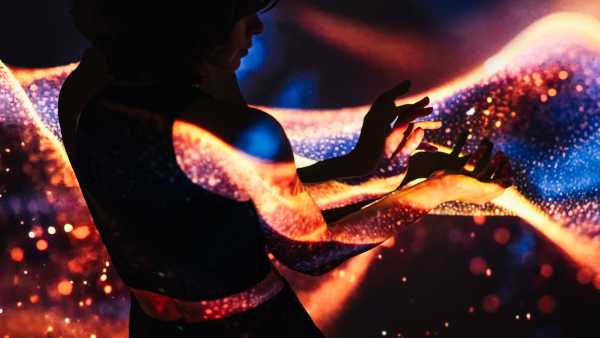
LSD is currently being studied for its use in anxiety therapy, both in combination with psychological support and as a stand-alone method. (Image: Tatyana Maksimova/Getty Images)
According to clinical trials, a single use of the psychedelic substance LSD can reduce the symptoms of generalized anxiety disorder for up to several months.
The study, published September 4 in JAMA, involved observations of 194 patients in the United States diagnosed with moderate to severe anxiety. The study compared the effects of different doses of LSD and a placebo on the participants’ condition. It turned out that a significant proportion of patients experienced a reduction in symptoms for at least three months after taking the drug once.
However, no significant improvements were observed in the groups receiving low doses (25 or 50 mcg). The therapeutic effect was observed when the dosage was increased to 100 or 200 mcg, with optimal results achieved in the 100 mcg group.
You may be interested in
-
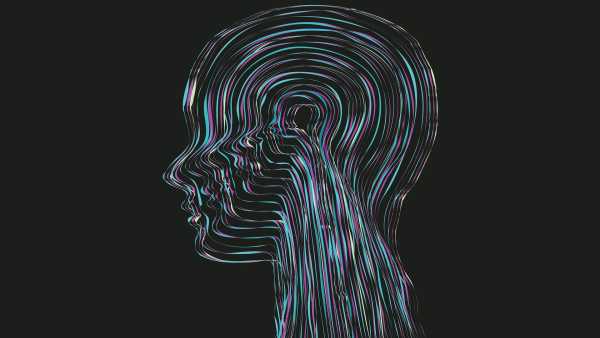
Preliminary data indicate that ketamine may reduce symptoms of depression by “smoothing neural hierarchies.”
-
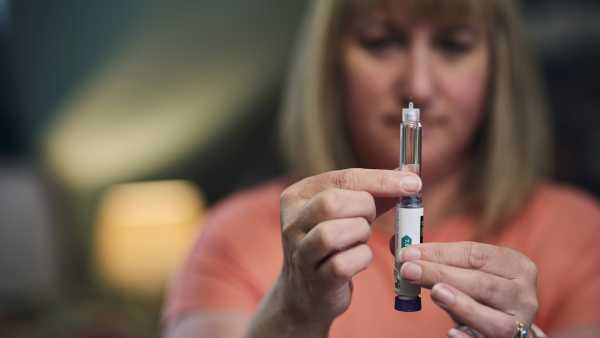
An experimental drug has halved the frequency of migraines in trials, suggesting its innovative mechanism of action.
-
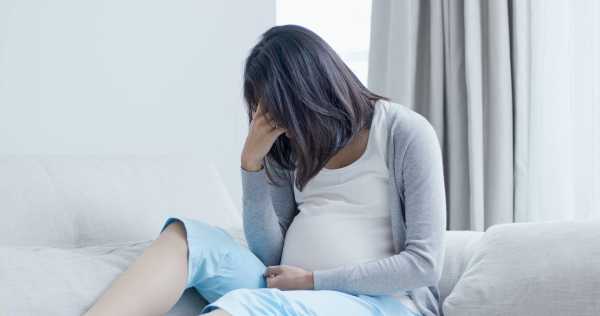
FDA questions safety of antidepressants during pregnancy. Scientific evidence on risks.
After 12 weeks of the experiment, remission on the standard anxiety scale was recorded in 47% of the participants who received 100 mcg. In this group, 65% had their scores reduced by at least half. In the placebo group, similar results were 20% and 30%, respectively.
“This study could be an important step forward in the field of psychedelic research,” said Dr. Claudio Soares, a professor of psychiatry at Queen's University. It is the first study to compare the effectiveness of different doses of LSD with a placebo. The absence of accompanying psychotherapy allows for a more accurate determination of the drug's independent anti-anxiety effect, he said.
“In addition, rapid improvement dynamics and an impact on depressive symptoms were recorded, which opens up prospects for further research,” Soares added.
Existing anti-anxiety medications do not help all patients: it is estimated that around 50% do not respond to SSRIs or benzodiazepines. This highlights the need to develop new, more effective and safer treatment options.
LSD, known for its psychedelic effects, is thought to stimulate abnormal neural connections, which may promote neuroplasticity. This process could theoretically help overcome abnormal thought patterns associated with anxiety, although the exact mechanism requires further study.
Previous trials combining LSD and therapy had shown consistent positive effects, but it was difficult to separate the effects of the two methods. The new experiment excluded psychotherapy support for the sake of data purity (only 18% of participants continued with external sessions).
At the start of the study, the average anxiety score of the participants was 30 on a scale of 0 to 56 (the threshold for severe anxiety was 24). In the 100 mcg group, the average reduction reached 21 points, and improvements were observed within 24 hours and were maintained for 12 weeks.
Most side effects (perception changes, nausea, euphoria) were short-lived. Their frequency increased with increasing dose: hallucinations were noted in 90% of the 100 mcg group and in all at 200 mcg. Two cases of temporary intoxication did not affect the outcome of the study.
RELATED MATERIALS
— Brainwave synchronization under the influence of psychedelics: a study in rodents.
— Psilocybin shows anti-aging properties in early experiments.
— A scientific explanation for the changes in perception under LSD.
Despite the prevalence of mild to moderate adverse reactions, some participants discontinued the experiment, indicating individual variability in tolerability.
Soares highlighted the limitations of the study: the short follow-up period (3 months) and partial retention of therapy in some subjects. Nevertheless, the work provides valuable information for regulating the use of psychedelics as stand-alone treatments.
Further studies are needed to confirm the long-term effect of a single dose, the expert concluded.
Disclaimer
The material is for informational purposes only and does not replace specialist consultation.
TAGS anxiety

Nicoletta Lanese. Social Media. Health Section Editor.
Nicoletta Lanese is Live Science's medical editor-in-chief and previously worked as a news writer and editor. She holds a certificate in science communication from the University of California, and degrees in neuroscience and dance from the University of Florida. Her articles have appeared in The Scientist, Science News, Stanford Medicine Magazine, and elsewhere. In New York, she continues to work on contemporary choreography.
Please verify your name before posting your comment.
Sign in to your account to choose your display name.
Exit Read more
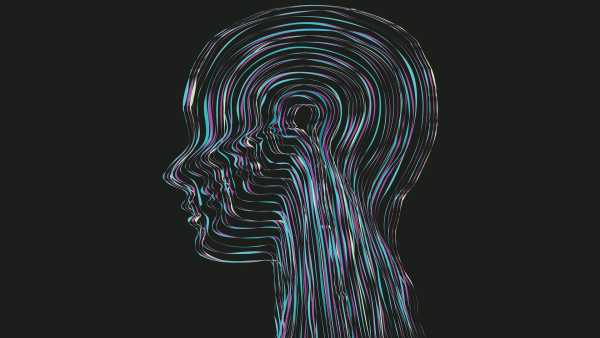
Preliminary data indicate that ketamine may reduce symptoms of depression by “smoothing neural hierarchies.”
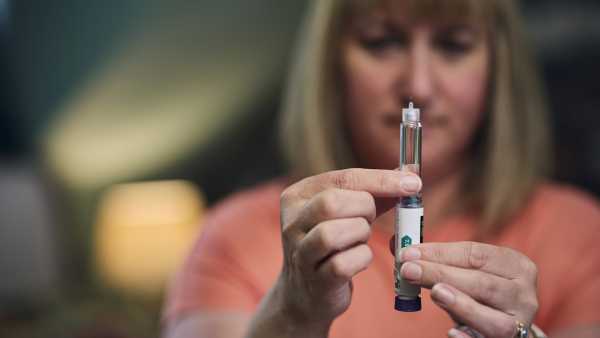
An experimental drug has halved the frequency of migraines in trials, suggesting its innovative mechanism of action.
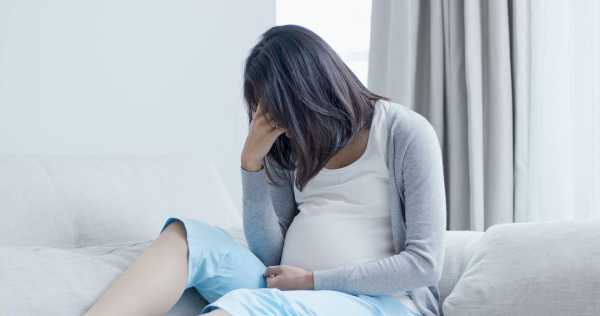
FDA questions safety of antidepressants during pregnancy. Scientific evidence on risks.
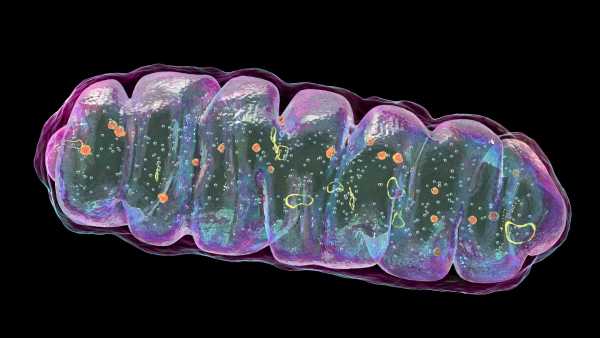
Rare disease: Child shows improvement after experimental therapy.
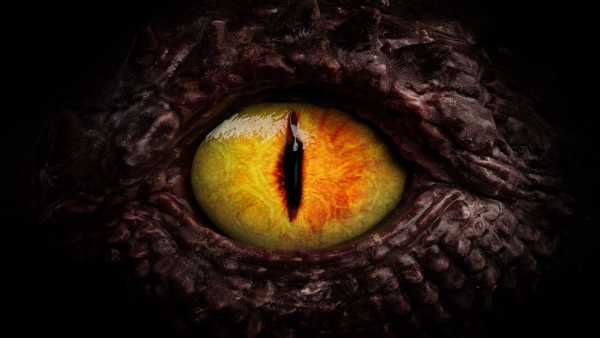
A rare disease caused the patient to see those around her as dragons.
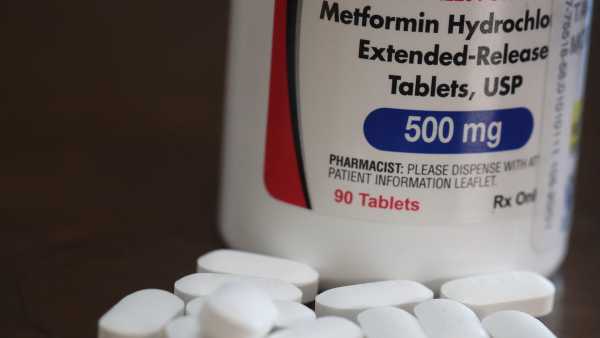
Metformin: A potential treatment for severe morning sickness.
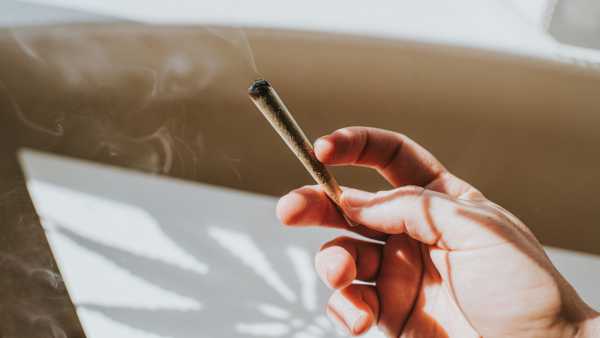
The effect of cannabis on cancer risk: research evidence.
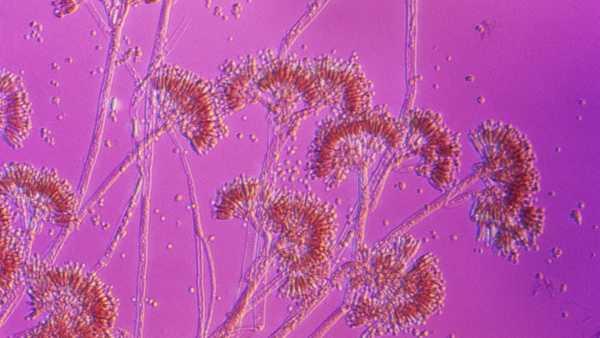
Penicillin allergy: how to determine its presence?

Medical journal rejects Kennedy's request to retract vaccine article.
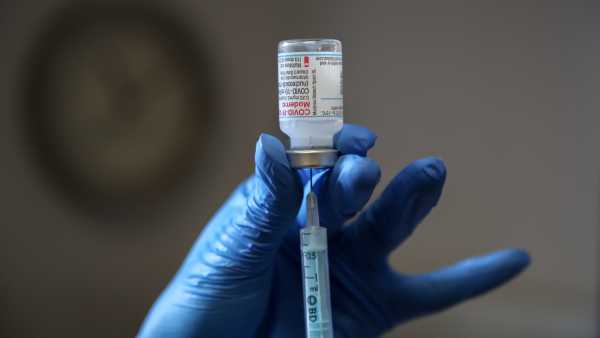
Cuts in mRNA Vaccine Funding: A Threat to Pandemic Response
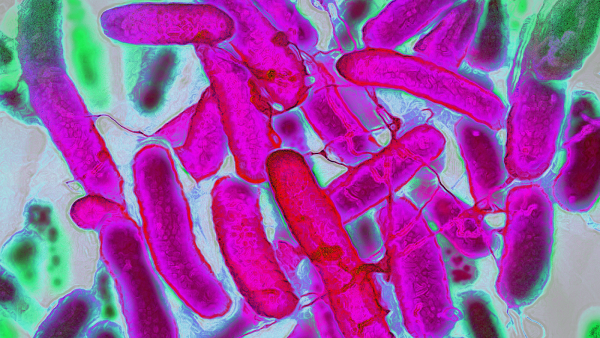
Caffeine increases bacterial resistance to antibiotics: study.
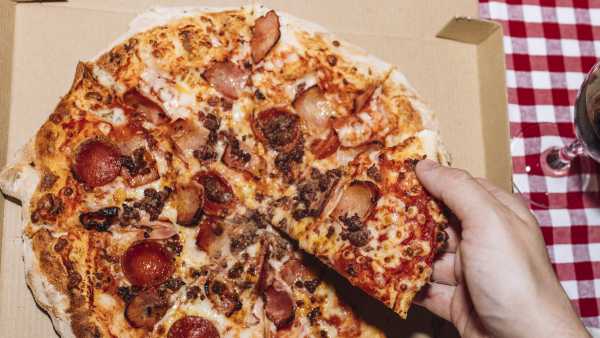
THC poisoning from pizza dough: more than 85 victims.
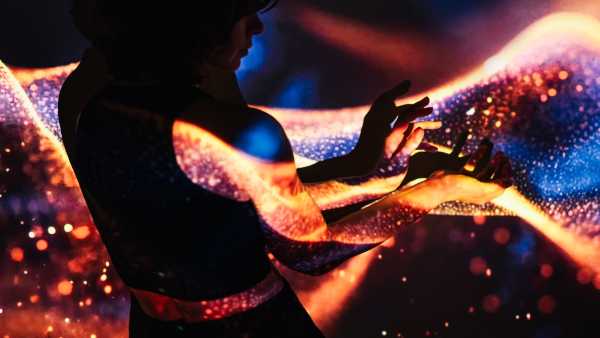
Single dose of LSD reduces anxiety for months: study
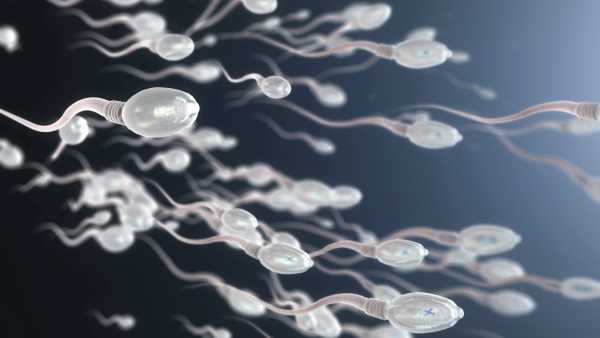
“Spermbots”: Controlled microrobots to overcome reproductive barriers.
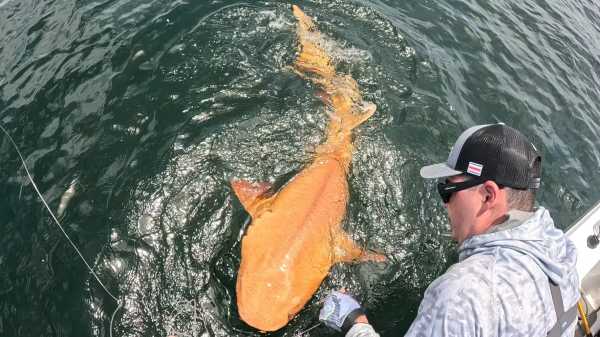
Unique find: shark with two rare anomalies discovered in the Caribbean Sea.
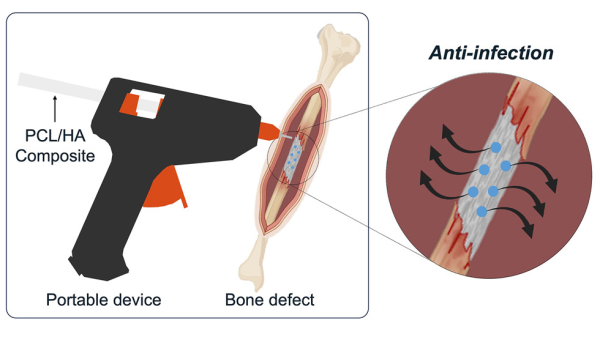
New technology: 3D printing of bone implants directly in the fracture area.
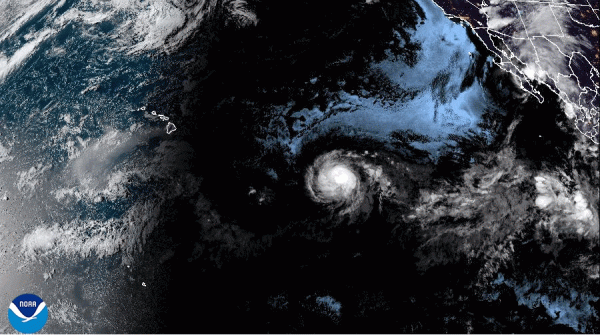
Category 4 Hurricane Kiko Approaches Hawaii: Weakening Forecast.
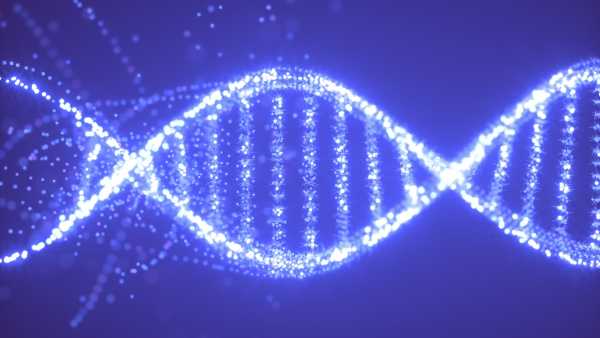
A Lost Gene From Human Ancestors Could Be Key to Gout Therapy.
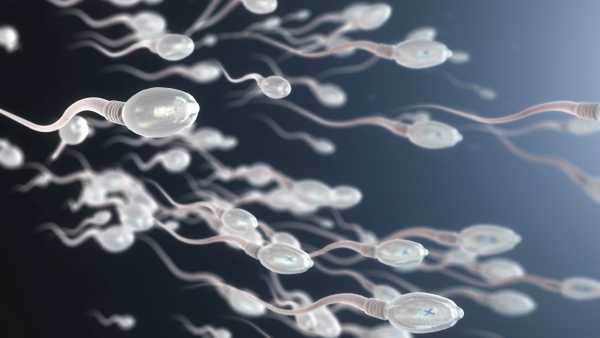
1Controlled “spermbots”: a breakthrough in reproductive technologies.
Live Science is part of Future US Inc., an international media group. Visit our website.
- Contacts
- Terms of Use
- Confidentiality
- Cookie settings
- Availability
- Advertising
- Career
- Editorial Policy
© Future US, Inc., 130 West 42nd Street, New York 10036.
var dfp_config = { “site_platform”: “vanilla”, “keywords”: “type-news-trending,serversidehawk,videoarticle,van-enable-adviser-
Sourse: www.livescience.com





